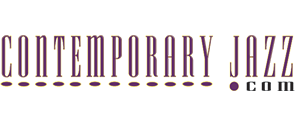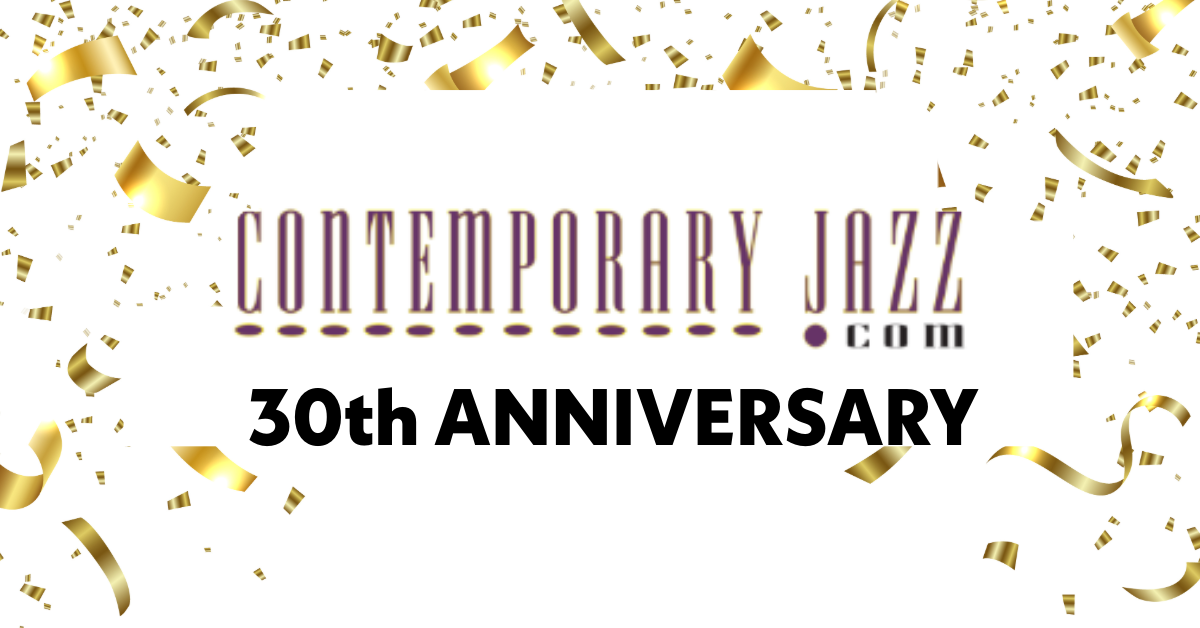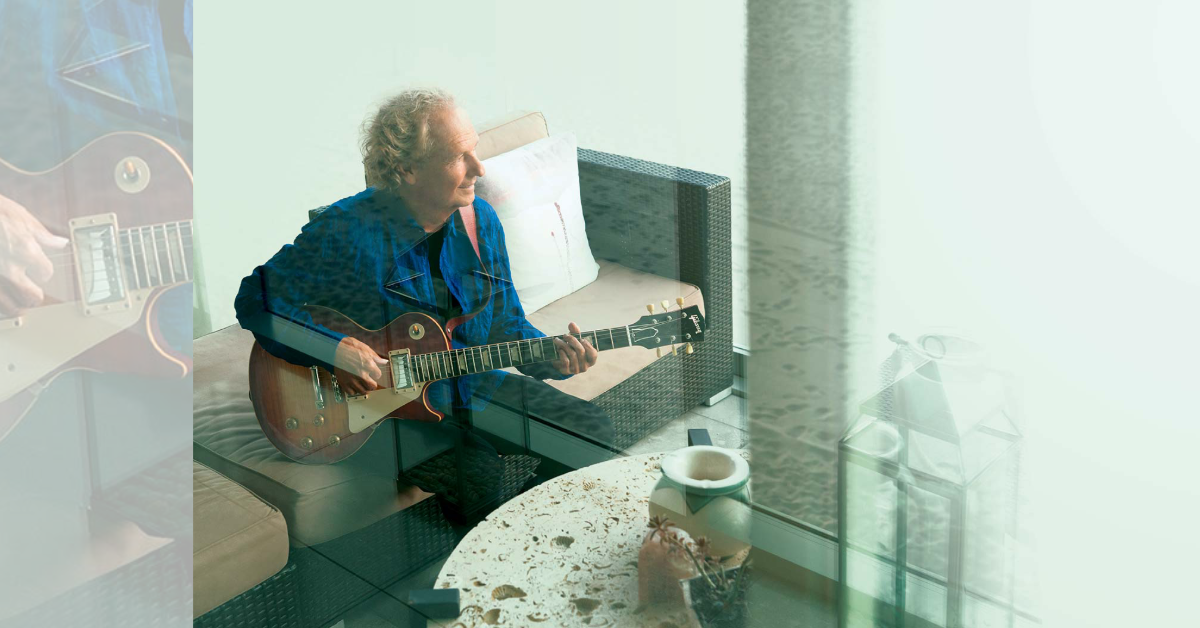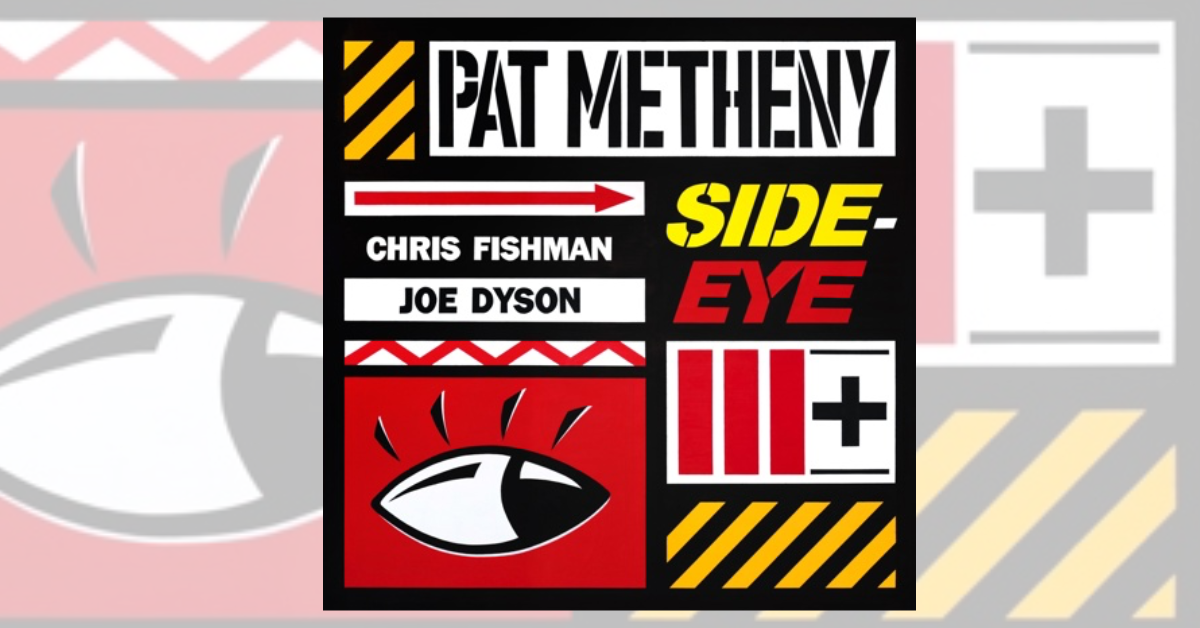This interview with Rob DeBoer and Tony Grace of Four80East was conducted by Sean Miller for his radio program Jazz Pulse.
Four80East was conceived by Rob DeBoer and Tony Grace in their Toronto-based studio as a departure from the commercial pop music that the duo had more typically produced. Radio airplay of their song “Eastside” led to the successful U.S. debut of the band’s first outing The Album in 1997. One decade later, Four80East has evolved from a studio project into a full-fledged band with performances planned throughout the states in summer of 2008. The band’s latest recording, En Route, was released in 2007.
Sean Miller: We’re talking with Rob DeBoer and Tony Grace of Four80East about the new release En Route. You’ve both experienced change as of late with both a new label home and a new recording studio. Is the title of the new disc meant to reflect upon these changes?
TG: Originally Rob thought maybe “Forthcoming” might make a decent title for the new record but I didn’t think it had enough punch to it. So we batted around a bunch of ideas and I thought the thing that sort of separated us this time around is that we’ve been doing live shows and we’re trying to get on the road with this. Besides all the other changes that have happened in our lives — we’ve got a bunch of kids between the two of us now and we’ve got a new studio location — the record industry sure has changed since Round 3 so we’ve had to change our course and direction in the business. I think En Route sort of captured that feeling we were having at the time we finished the record.
SM: The album’s radio single, “Noodle Soup” was actually composed long before the release of En Route. If you will, talk to us about that track and about how it came into fruition.
RD: “Noodle Soup” was one of the first things that Tony and I worked on together. We met in ’91 and went into business and “Noodle Soup” was actually released as a 12″ [record] in the UK in its original form and it’s kind of been kicking around over the years and we decided to resurrect it for this album.
TG: “Noodle Soup” originally came out as a single on Boomtang in the UK in 1993. We did a collection of singles at the time that were all sort of instrumental based downtempo dance tracks and Noodle Soup was one of them. I always liked the tune and when we were finishing up En Route we thought we needed a single for radio and looking around we found in the back catalog “Noodle Soup” and we thought okay let’s re-do this in more of a live band setting and see what happens. That’s how that one came about.
SM: As producers, what deciding factors do you guys use in choosing material for an album?
TG: This may be one of the toughest parts and may be one of the key jobs of a producer — is to decide what songs go on a record and what songs don’t go on a record. It’s usually okay for Rob and I because we’re both contributing to the record and it’s not like we’re turning to an artist who perhaps has written a tune and is looking to get it on a record and we don’t think it should go — that’s a much more difficult situation and a much more delicate situation to deal with. Rob and I have known each other for so long now and we finish each others’ sentences so that’s not a problem. We both know inherently if a song’s going to be on a record or not. I think Rob answered this question best in one of his previous interviews saying that the question you need to ask is does it have that Four80 sound? And I know that sounds very simple but it’s just something that you either know instinctively if it’s something that’s going to fit on the record or it isn’t. I know that’s not terribly descriptive but it’s more of a feeling that you get with a tune. Is it something that captures the mood that the other tunes on the record have? If so, then it goes. We don’t think about it too much. We either know instinctively if it’s on or off.
SM: Tony, what was the first project that you and Rob worked on together? How did Boomtang Records come about?
TG: The first project that Rob and I worked on together was a track called “Face To Face” by a local group here called Primitive Fire. They were a group that had a video of their single on Much Music in Toronto. We thought it needed a remix so we gave them a call and told them we’d do it. This is all around the beginning of Boomtang Records which had stated just before Rob arrived on the scene around 1990. We started putting out stuff in England and then Rob came and we really upped the output [and] put a lot of singles out. Boomtang Records became a label in 1992.
SM: Four80East began as a side project then?
TG: That was the beginning of the remixes for us. We were doing a lot of a “euro” kind of sound. As a break to that I’d be noodling away on stuff without any sort of script or anything which all sort of lent itself to that sort of instrumental jazz kind of feel. We put enough of those together and we started Four80East. That was about 1995 or 1996 when Rob and I started fooling around in the studio working out the tracks for the first album.
SM: The Album was initially released in England prior to its U.S. debut. Were you at all shocked that the release garnered such widespread success in the states?
TG: Originally we released the record in England. This was all during the time that Sade was happening and Talkin’ Loud – the label – was well on its way. The Rebirth of Cool comps were out and guys like Ronny Jordan and such were happening over there. I think Down To The Bone was out somewhere around that time as well. So that was the market we focused on when we put the first Four80 record out. It wasn’t until it got back to the States in late ’97 [that] it got to a station in New York, WQCD. They started playing it and it went number one for two and a half months. That’s my discovery of smooth jazz in the U.S. and what they called New Adult Contemporary. In a lot of was it was very much a fluke — the release in the U.S. – and we really had to scramble to get ourselves a distributor to get the record out in the States.
 SM: While Four80East began in the studio, you’ve recently had the opportunity to perform live. What’s it like transitioning from a couple of studio musicians into a full-fledged live act?
SM: While Four80East began in the studio, you’ve recently had the opportunity to perform live. What’s it like transitioning from a couple of studio musicians into a full-fledged live act?
TG: Taking the show on the road was mainly a logistical problem because we never thought outside of the two man studio setup. We had to do some refining and a bit of editing on the tracks to figure out who’s going to play what and what parts are going to be handled by who. It was a bit of a learning curve but we figured it out. It seems to be translating well live. We were very well received in Catalina this past October and it looks like we’re doing a whole bunch of shows in the States this summer.
SM: Rob, can you recall a specific point in time at which you decided you wanted to become a musician?
RD: My folks got me into music lessons when I was four so really that’s all I was ever into. I don’t know what else I could do really.
SM: Same question for you Tony; and at what point did you pick up the drums?
TG: I started playing drums when I was about 11 when I finally had a chance to pick up a drum set for $21 from a friend of a friend up the street. That’s what got me going. I was lucky enough growing up at that age to have a place to put my kit because I come from a family of seven and it was already pretty much tight quarters and [a] noisy household. The idea of bringing drums into the house just did not appeal at all to my parents so I was lucky to get that break and have a place to put my kit. I think if I didn’t have that I probably wouldn’t have played drums.
SM: Talk to us about the contributions of saxophonist Jon Stewart. Rob, I understand you’ve worked with Jon before?
RD: I’ve known John since the early ’90s. I used to play in a funk band and John used to sit in with us through a mutual friend. When it came time to choosing someone to play on our Four80East material John was the first guy I thought of because he’s into a lot of different kinds of music but he’s very soulful and I’ve always loved his sensibility on the funkier side of things.
SM: Tony, who are your biggest musical influences?
TG: Growing up I guess my biggest influences were other drummers — guys like Steve Gadd, Tony Wilson, Billy Cobham, Bill Bruford — all these guys. But it was more people who had an experimental attitude towards music that probably had the most influence on me, whatever form that was. If it was jazz, like Weather Report, who were mixing things up and combining some of the new synth technology with jazz and coming up with some neat hybrids. The same thing with dance music — the Manchester sound — the stuff that was coming out of England in the early ’80s. Even the punk movement; the more experimental sort of prog-rock and ambient stuff coming out of the UK all play a part in influencing how I looked at music and how I create music.
SM: And for you Rob? I understand you’re a bit of a Bruce Hornsby fan?
RD: Bruce Hornsby for sure was an influence. I mean I was always much more into pop than jazz and guys like that who brought that kind of musicianship into pop were really appealing to me.
SM: Thanks so much for joining us.
TG: That’s great. Thanks for having us, Sean.
RD: Thanks for having us Sean.




Leave a Reply